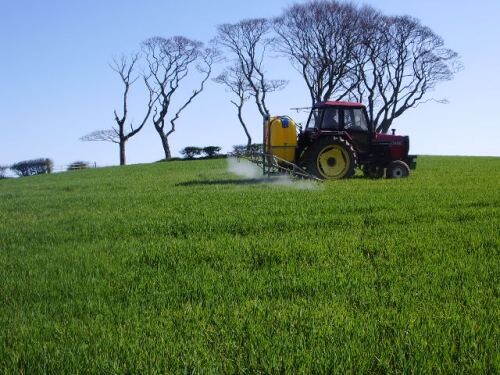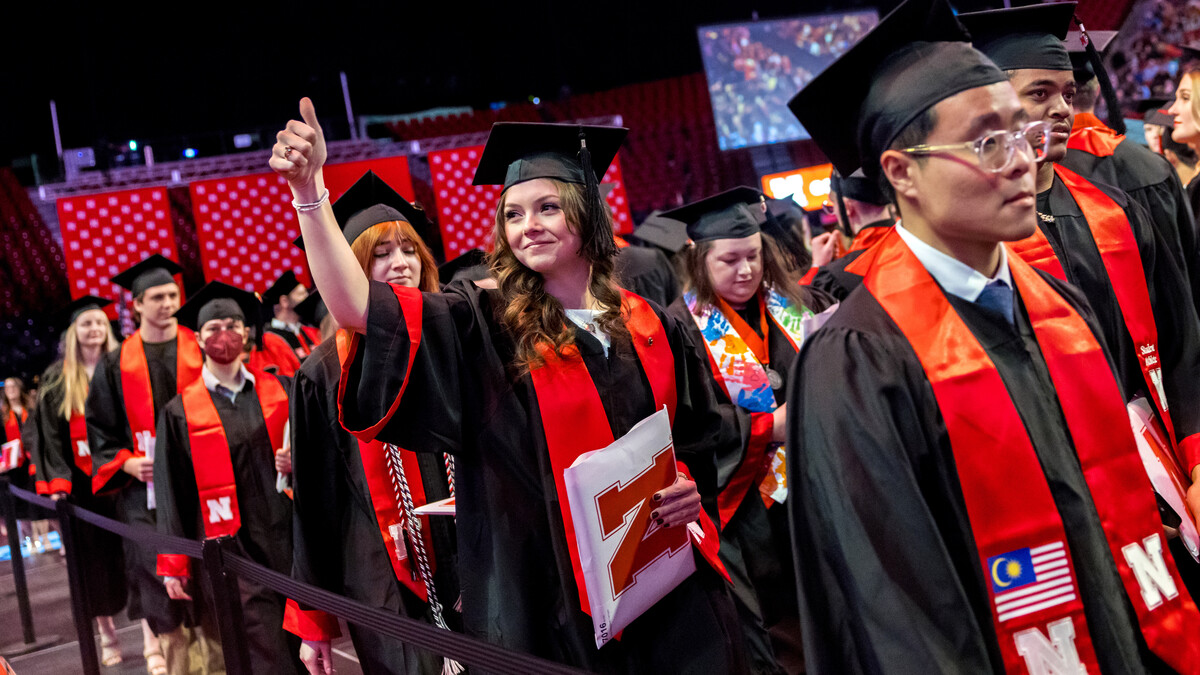
UNL is now offering a fully online graduate certificate in grassland management. Students in the multi-institutional grassland management certificate program will learn about the conservation, utilization and sustainability of managed grassland systems.
The program leverages partnerships with faculty in six cooperating Great Plains universities to provide students with access to the best resources, research and instruction in the region.
UNL’s College of Agricultural Sciences and Natural Resources developed the program in order to help preserve the delicate ecology of our nation’s rapidly disappearing grasslands. Grasslands are the principal land resource type in the Great Plains and comprise more than half of all the land surface area in the region.
Grasslands also represent a fundamental resource that determines the environmental and economic future of the Great Plains states. Without proper management, grasslands are subject to overgrazing, undesirable shifts in the composition of plant life and ultimately, decreased long-term productivity.
The grassland management certificate is offered jointly through AG*IDEA, a consortium of universities focused on developing and offering distance education programs in agriculture and natural resources. Thanks to that partnership, students who enroll at UNL will receive instruction from the best faculty in the discipline from several universities.
“Students have the opportunity to learn from a broad base of faculty with expertise in their field,” said Walter Schacht, agronomy and horticulture professor in the School of Natural Resources, citing also the strong history of partnership the new program is built on. “The faculty members at the collaborating institutions have been sharing courses since 2005. Students from the participating institutions have been taking the courses online for the past seven years.”
The job outlook for grassland managers is positive according to the U.S. Bureau of Labor Statistics. In the 2010-11 edition of the Occupational Outlook Handbook, the BLS predicts that job growth among agricultural and food scientists should be faster than the average for all occupations, stemming primarily from efforts to increase the quantity and quality of food produced for a growing population.
For more information visit online.unl.edu/gm







